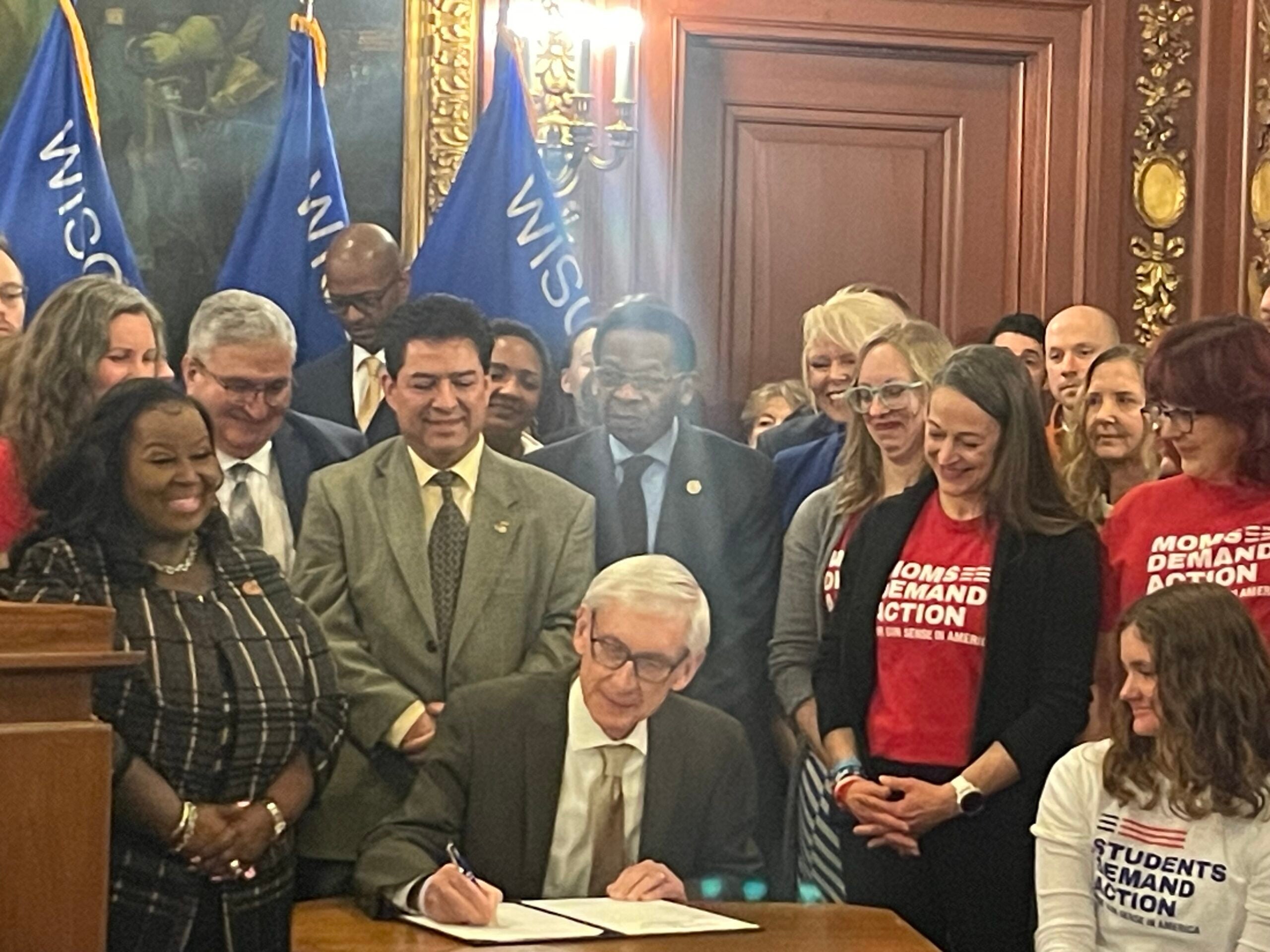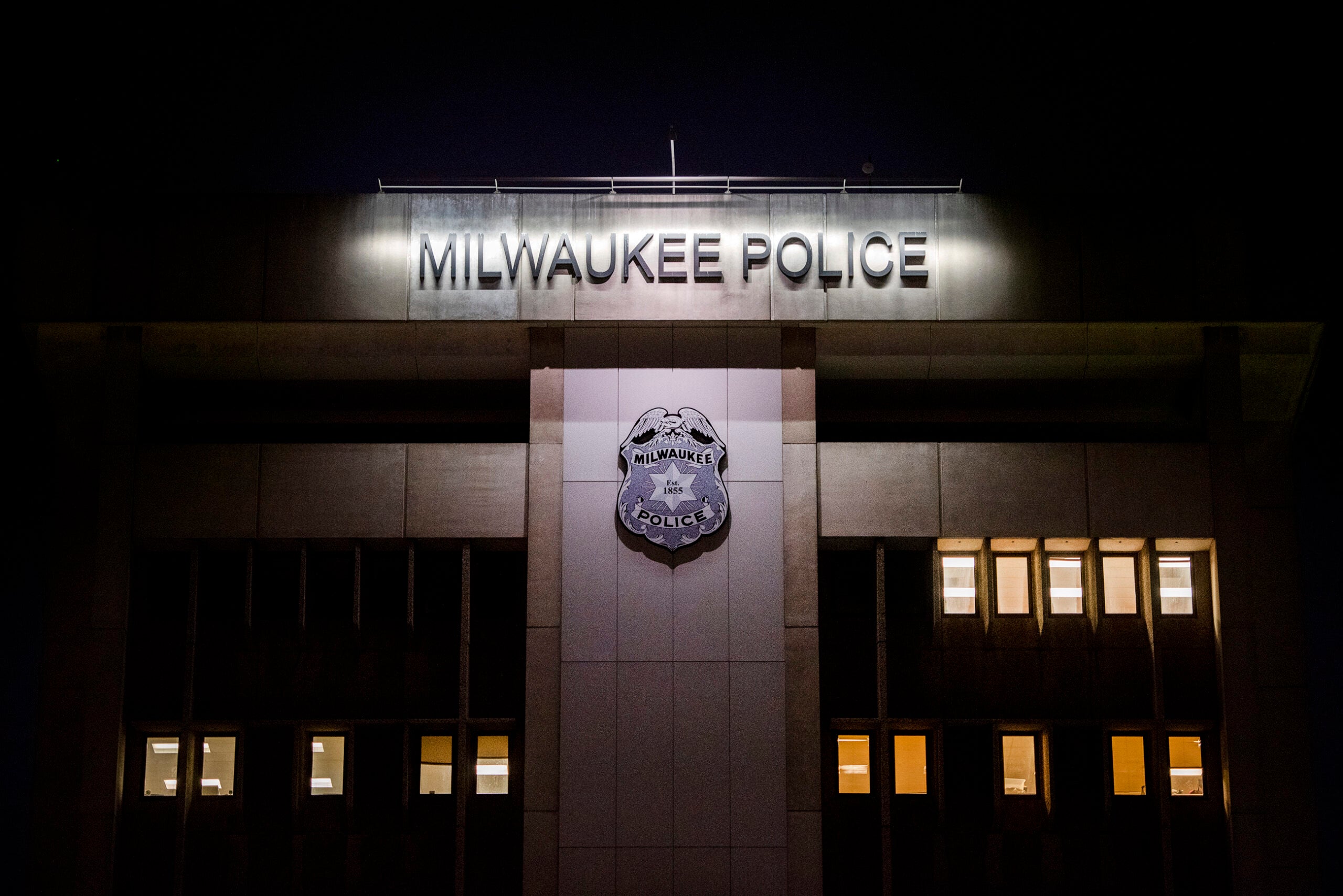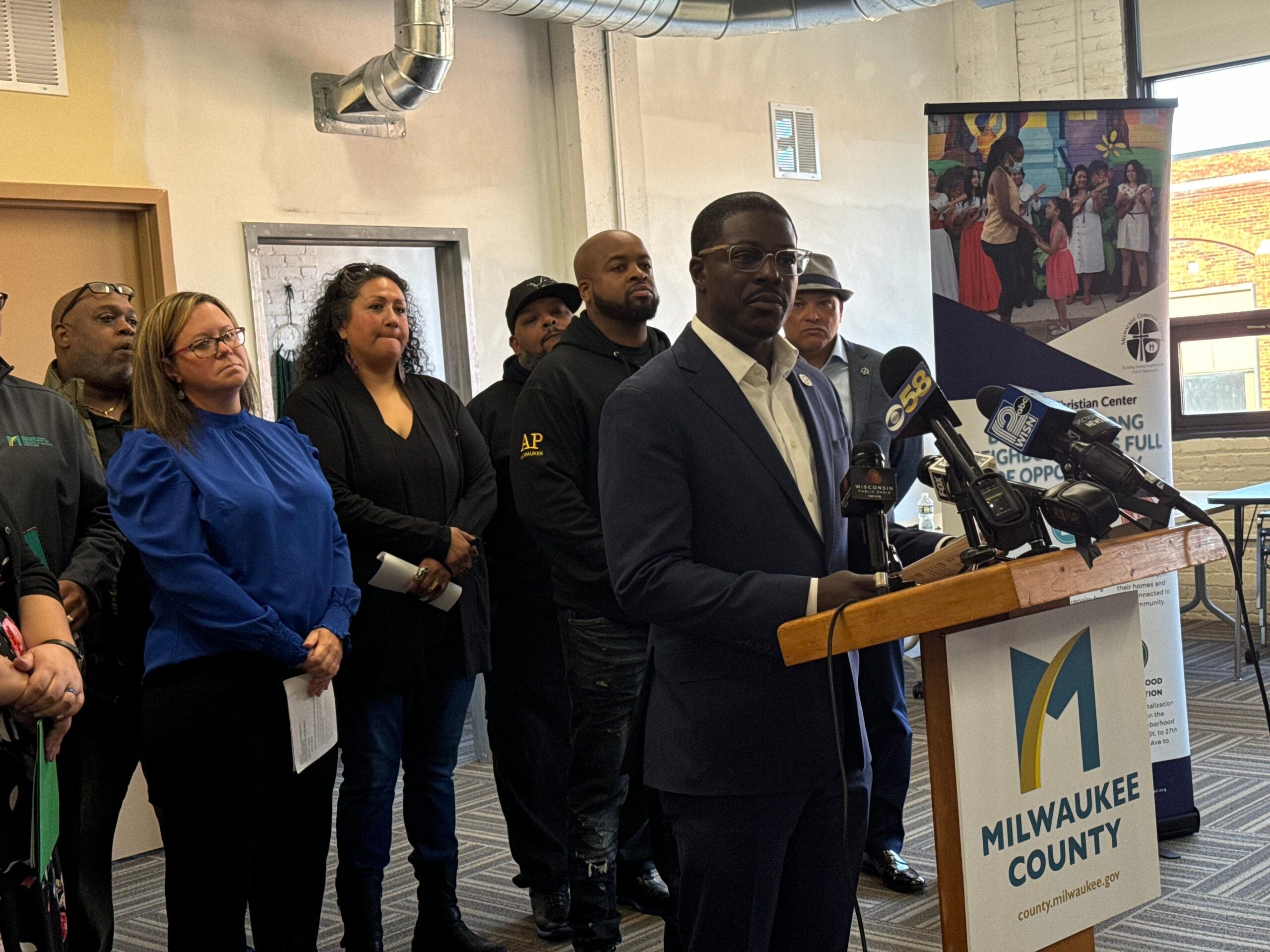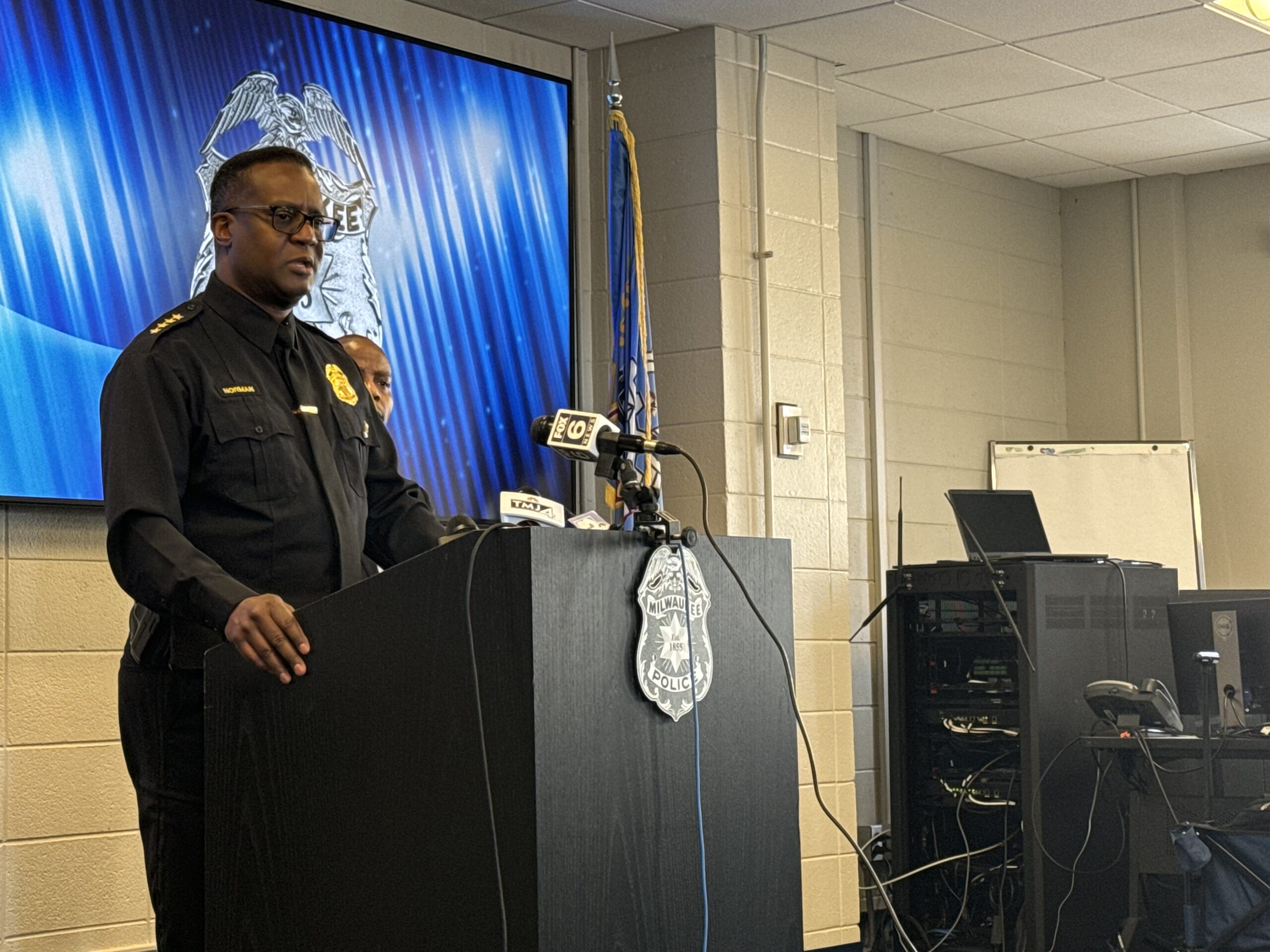More than 100 Milwaukee community leaders met with members of the California-based Prevention Institute on Tuesday to start the process of creating a comprehensive, strategic plan to decrease violence beyond law enforcement tactics – something the city has never had.
Community leaders represented all parts of the city – neighborhoods, government, nonprofits, youth organizations, faith leaders, businesses and public safety officials.
In order for the plan to be successful, violence must be viewed as a public health problem and solutions must start with elementary-aged youth, said Bevan Baker, the city’s commissioner of health.
Stay informed on the latest news
Sign up for WPR’s email newsletter.
“We decided to target fourth-graders,” Baker said. “It wasn’t by accident, because all the public health intervention data tells us if we can reach them then, we can begin to change what’s going to happen downstream later.”
Baker said it’s Milwaukee’s responsibility to make sure youth don’t inherit the problems city leaders are working to fix.
The Prevention Institute is a national organization that works with cities to develop crime prevention plans. It will help the participants create a plan meant to serve as a compass to guide practice, policy and investment in the city.
Successful prevention begins with awareness, said Thomas Leonard, program coordinator for Urban Underground, which works with youth to promote safe communities.
“And what creates awareness? Conversation,” Leonard said. “And we have to know that young people in our city are safe, and in doing that, we have to get the message out there that says enough is enough.”
Leonard said growing up on the city’s north side inspired him to want to help find solutions to end violence.
Mayor Tom Barrett said Monday there won’t be a perfect plan to reduce crime, but rather it’ll be a continuous effort. He said it’s important to have a sense of urgency and work with many partners on a high-quality approach.
Community meetings will be held around the city to help develop the plan. A draft is expected in the spring.
Wisconsin Public Radio, © Copyright 2025, Board of Regents of the University of Wisconsin System and Wisconsin Educational Communications Board.





